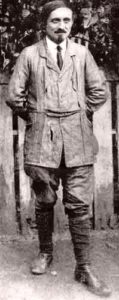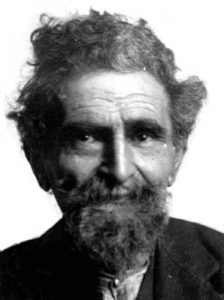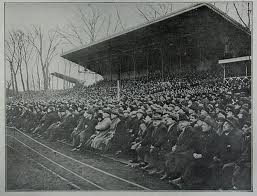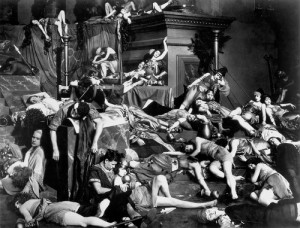
Renato Souvarine
I
Un dio nel «centro» dell’Universo, con tutte le gerarchie, per regolare l’armonia della creazione…; un «centro» ordinatore in terra – con tutti i… partiti provvidenziali – che veda, organizzi, disciplini e comandi per «creare» l’ordine tra gli uomini incapaci – per maledizione divina – di far i propri affari da per loro stessi, tale è l’idea teologica, matrice di tutte le Autorità terrestri. È il centralismo.
L’«ordine (sociale) naturale» scaturito spontaneamente come manifestazione anarchica di tutte le forze vive, contrastanti tra di loro, lasciate in piena libertà, equilibrantesi da per loro stesse, per virtù immanente e peculiare, come a dire per le azioni e le reazioni della universale legge di attrazione e repulsione, reggente e regolante tutti i mondi: l’Universo o la universa vita fisica, vegetale, animale e sociale, senza alcun provvidenziale «centro», esterno e interno, tutelatore, ma unicamente per legge naturale di affinità e di coesione, tale è l’idea naturalista, anarchica. È l’anarchismo.
Continue reading Centralismo e Anarchismo →
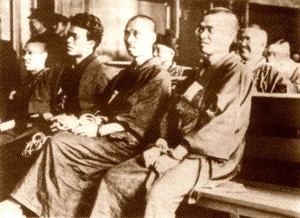
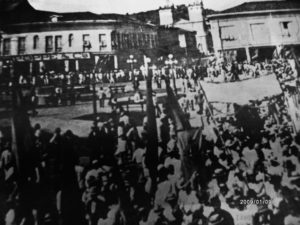
![antifa[1].cz 8](https://machorka.espivblogs.net/files/2014/03/antifa1.cz-8-300x99.jpg)


